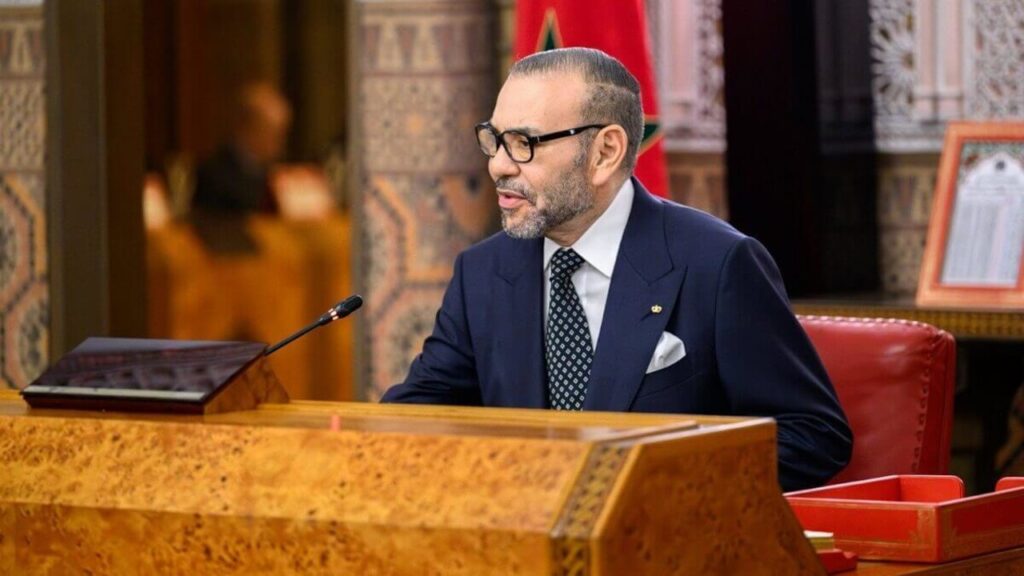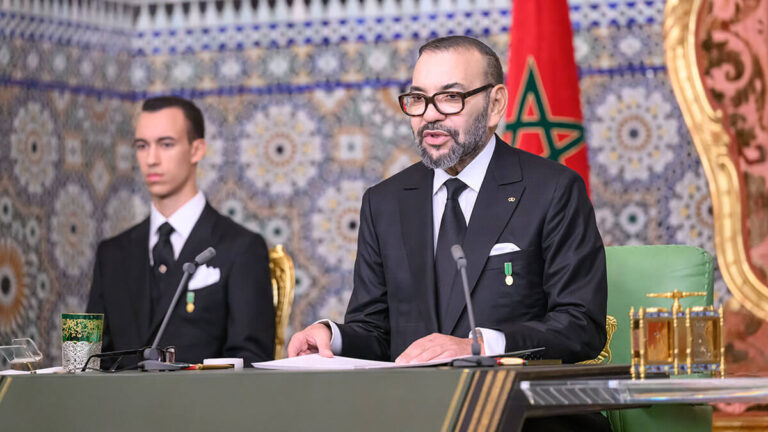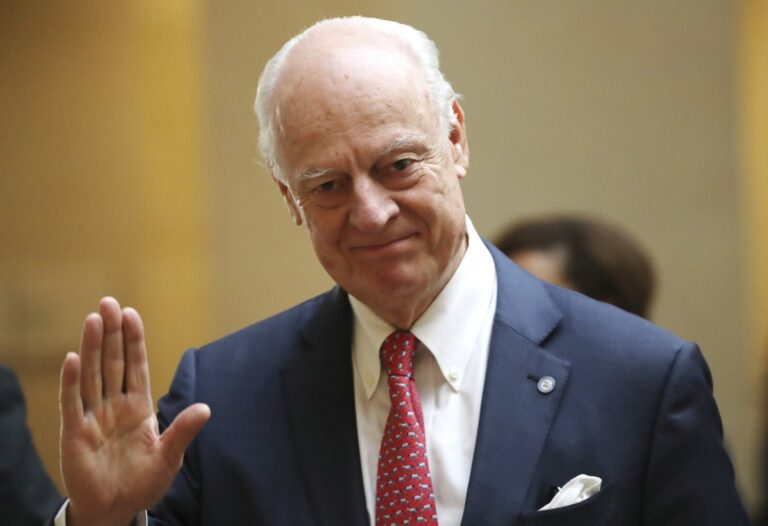
On Friday, October 18, 2024, HM King Mohammed VI chaired a pivotal Council of Ministers at the Royal Palace in Rabat. The high-level gathering focused on key national and international issues, including the general orientation of the draft Finance Bill for 2025, military-related decrees, international agreements, and several top-level appointments.
In a sweeping reshuffle aimed at reinforcing Morocco’s global standing and internal governance, His Majesty King Mohammed VI appointed several new Walis, Governors, and senior officials during a Council of Ministers meeting held on October 18, 2024. These strategic appointments, which span Morocco’s Central and Territorial Administration, as well as the diplomatic corps, signal a renewed commitment to both domestic reform and international diplomacy.
A Focus on Diplomacy: New Ambassadors to Strengthen Morocco’s Global Ties
King Mohammed VI appointed 13 new ambassadors to key nations across Africa, Europe, Asia, and the Caribbean. This movement comes at a time when Morocco is seeking to deepen its relationships with strategic allies and enhance its diplomatic presence globally. The appointments reflect a mix of experienced diplomats and fresh faces, with one-third of the newly appointed ambassadors coming from political, economic, and media sectors.
The reshuffle follows the King’s October 1 speech to Parliament, where he emphasized the importance of mobilizing Morocco’s diplomatic forces, both institutionally and politically. The newly appointed ambassadors are tasked with not only representing Morocco’s interests but also seizing opportunities in a complex international landscape marked by challenges and prospects for growth.
Reinforcing Morocco’s African and European Presence
Five of the newly appointed ambassadors will serve in African nations, underscoring Morocco’s focus on strengthening ties with its neighboring continent. Four others will take up posts in Europe, while three are assigned to Asian countries and one to the Caribbean. This geographic spread illustrates Morocco’s balanced approach to fostering relationships with both traditional allies and emerging partners.
The new ambassadors include seasoned diplomats such as the appointee to the European Union, who previously held the same post from 2016 to 2018, reflecting a continuity of expertise in critical regions.
Advancing Gender Representation in Diplomacy
Notably, the reshuffle also marks a continued effort to increase gender diversity within Morocco’s diplomatic corps. Nearly a quarter of the new ambassadorial positions were filled by women, pushing the number of female ambassadors to 21. In Europe, 40% of Moroccan embassies are now headed by women, further showcasing the Kingdom’s commitment to gender equality in leadership roles. Similarly, the representation of women ambassadors in Africa has seen a significant boost.
Governance Appointments: Strengthening National Administration
In addition to the diplomatic appointments, King Mohammed VI appointed several Walis and Governors to key regions within Morocco. These appointments aim to bolster local governance and ensure the smooth implementation of national policies across the country’s territorial regions. Newly appointed officials will be responsible for overseeing critical administrative functions and fostering regional development.
Prominent among the domestic appointments are new Governors for the regions of Fez-Meknes, Oriental, and Beni Mellal-Khénifra, as well as new leadership for regions significantly affected by the recent Al Haouz earthquake, reflecting the government’s focus on reconstruction and regional stability.
A New Wave of Leadership: Professionalization and Meritocracy
The appointments reflect King Mohammed VI’s commitment to both meritocracy and professionalization. Two-thirds of the newly appointed ambassadors are internal promotions, including former central directors, consuls general, and division heads. This focus on internal merit highlights the King’s approach to cultivating and rewarding talent from within the Moroccan administration.
At the same time, the reshuffle introduces a significant number of “new blood” into high-level roles, ensuring that Morocco’s leadership remains dynamic and responsive to modern challenges. This balance between experience and fresh perspectives is seen as essential for navigating both domestic reforms and the complexities of the global diplomatic landscape.
Conclusion: A Strategic Vision for the Future
With these new appointments, HM King Mohammed VI has set Morocco on a path toward strengthened governance and enhanced international diplomacy. The strategic reshuffle not only prepares the Kingdom to address current challenges but also positions it to seize future opportunities on the global stage. As Morocco continues to assert itself as a regional leader, the appointments of new Walis, Governors, and ambassadors reflect a clear vision of progress, professionalism, and global engagement.






